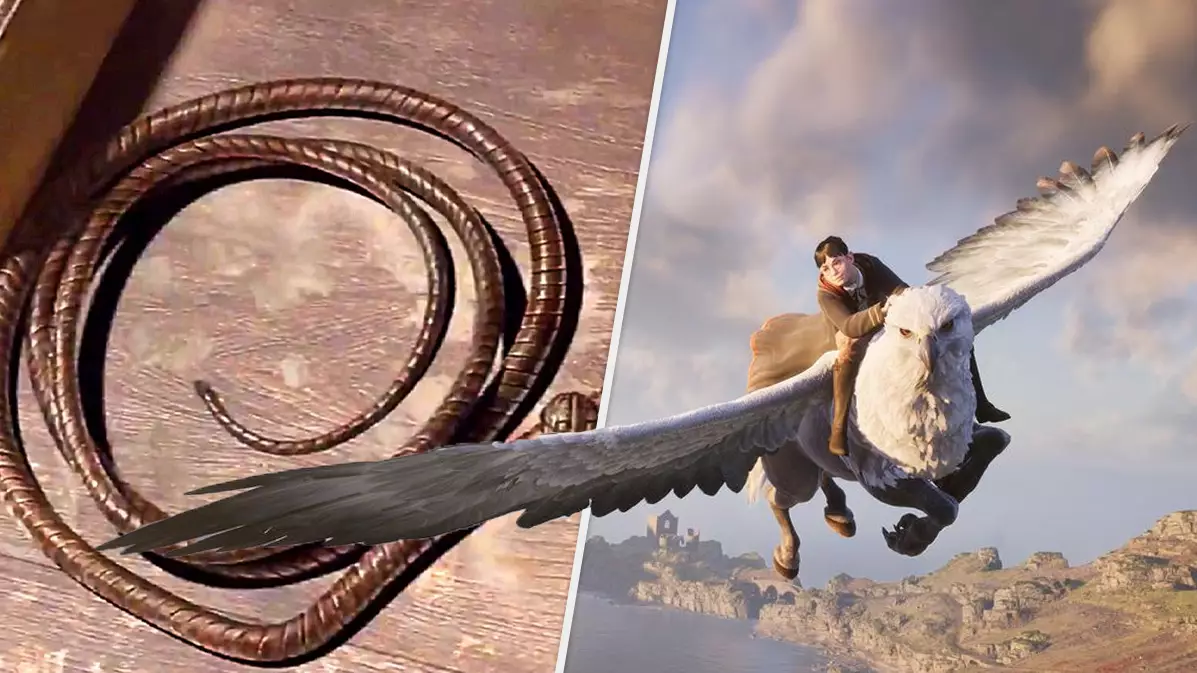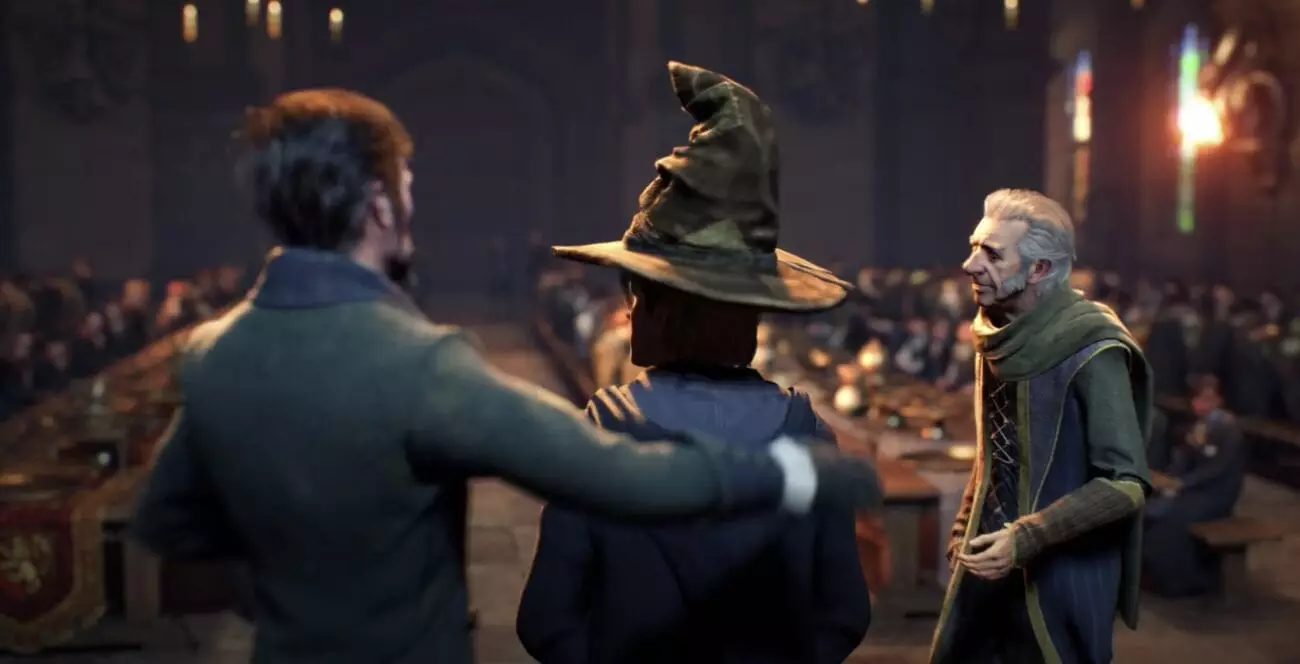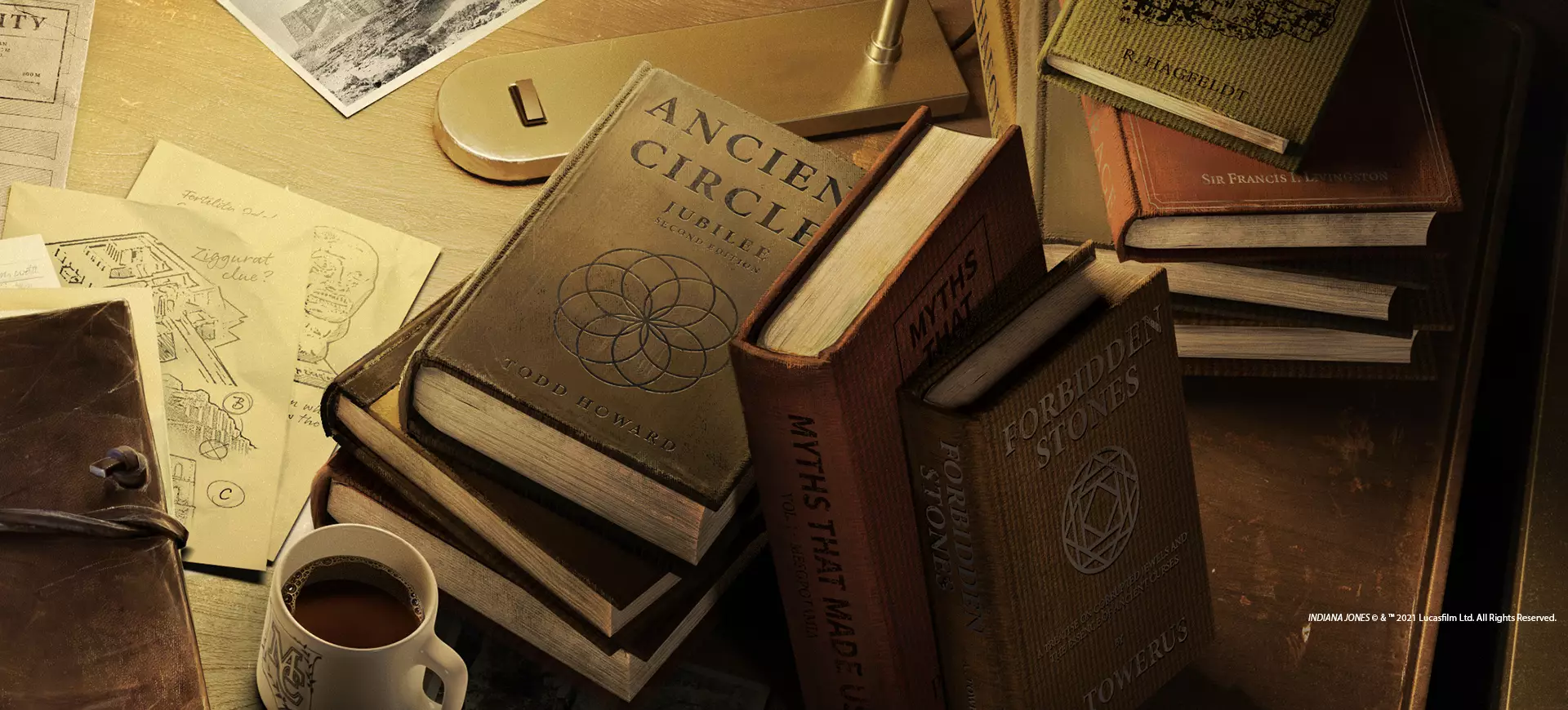
Words: Aaron Potter
Movies and video games have always had a rocky relationship - and not just since Paul W.S. Anderson made it his mission to translate Capcom's franchises to the silver screen as mediocrely as possible (2020's Monster Hunter following a handful of forgettable Resident Evil films). Even within the games industry itself, the term 'licensed game' has so often evoked memories of cheap movie tie-ins and rushed-to-market cash grabs, usually primed to take advantage of people's affinity for a familiar IP. Only relatively recently has publisher thinking towards these ventures started to dramatically change, with public opinion fittingly following suit.
Rare gems like Alien: Isolation, Marvel's Spider-Man and even Mad Max used to be the exception to the rule that a licensed game wasn't worth your time and money. Now, however, they're held up as examples of what can happen when a studio has the correct time, money and understanding of a particular license; in some cases representing a game equal to or better than the specific piece of media it's based on, or an interactive high-water mark for the franchise.
And if the recent announcement of Lucasfilm Games making a return, combined with EA's relinquishment of Star Wars exclusivity, is anything to go by, all signs indicate that a new era of high-quality licensed game might just be getting started.
Advert
This new golden era of licensed games was actually meant to begin properly this year courtesy of Warner Bros. Interactive Entertainment. After biding its time with the Batman licence since the release of Arkham Knight in 2015, WBIE was due to make up for this in a big way by launching both its new Batman franchise title Gotham Knights and the Harry Potter-themed Hogwarts Legacy. The latter - now delayed to 2022 - is a particularly exciting prospect, because while select '90s kids may have developed a fondness for stretched-face Hagrid on the original PlayStation, the Harry Potter universe is something we've never seen translated into video games at a modern triple-A level.

The WBIE-owned Avalanche Studios has been working hard to bring the iconic world of witchcraft and wizardry to life for a while now, promising to transport players to a time never depicted in the Harry Potter series before. Taking place centuries before 'the boy who lived' and 'he who shall not be named' ever faced off, the game will instead see you play as an original student attending the legendary wizard school in the late 1800s. Explicit details on the open-world RPG remain scarce, yet it's hard not to be excited at the thought of battling dark forces as your own personalised wizard, visiting sights like Hogsmeade and the Forbidden Forest long before we ever knew them.
Hogwarts Legacy is indicative of the freedom now being given to the development studios lucky enough to place their own stamp on an established IP. Whereas older games like X-Men: Origins Wolverine and GoldenEye 007 were restricted to the narrative skeleton of their movie counterparts, Avalanche's game is an opportunity to expand on Harry Potter lore outside of the books and films. This specific approach to making licensed games became more popular during the last generation of consoles, and looks to grow even further in the era of PlayStation 5 and Xbox Series S/X.
Speaking of expanding a world, if ever there was a licence done dirty in video games it'd be Indiana Jones. Not just because game adaptations depicting the fedora-wearing adventurer have been scarce lately, but since its general pulpy tone was famously aped by Naughty Dog for its wildly successful Uncharted series (itself currently being translated to a movie starring Tom Holland). And Uncharted's formula then inspired Square Enix's rebooted Tomb Raider series. It's entirely possible that neither franchise would exist as we know them now were it not for Harrison Ford's gruff hero, so it's good to see things come full circle, backed up by the immense talent of Machine Games on development duties.
Advert
Having already displayed their penchant for Nazi-slaying action in Wolfenstein: The New Order and its two sequels, Machine Games feels like the perfect pairing for an IP brimming with so much untapped potential. And while the developer has up until now made first-person shooters its core identity, the very nature of the Indy IP demands that a game following his globe-spanning exploits be much more than that. It's just another way in which licensed games can today allow developers greater creative freedom, whereas not too long ago it felt like the opposite was true. We saw this recently with Respawn - again a studio known for shooters - surprising everyone with Star Wars Jedi: Fallen Order, a third-person game (actually in a slightly Uncharted style, albeit mixed with some Dark Souls).

Another issue with licensed games from years past was this sense that they were just 'churned out' by the publisher to meet a deadline. In some instances this was true, as evidenced by the later Spider-Man games released under Activision's watch. It's painfully clear that the less-than-amazing games based on Andrew Garfield's tenure as Spidey needed a bit longer in the development oven. Like a rising phoenix, though, Marvel saw sense in doing the character justice and courted Insomniac, who really took time in creating an open-world superhero game the wall-crawler deserved with 2018's Marvel's Spider-Man.
A similar sort of treatment looks to be going to James Bond, a licensed character that is, of course, no stranger to the world of video games, yet one who's equally suffered from the throes of undercooked development - the less said about 2012's 007 Legends, the better. What should have been a celebration of all the agent's incarnations emerged as a repetitive shooting gallery, and was comprehensively panned. Luckily, that world was not enough for the world-famous British agent, and his next video game translation will arrive courtesy of Hitman series developer IO Interactive.
It's especially good timing considering that Agent 47's current trilogy is set to conclude with Hitman 3, and more so when you consider that missions based in Dartmoor, Dubai and Berlin wouldn't look too out of place in a James Bond movie. In many ways, Hitman 3 looks like a dry run for the direction IO could be taking 007 into, and the Danish studio clearly has a pedigree for creating levels based around suave and sophisticated stealth. Can they pull off fast-paced set pieces as well as the quieter moments? Working on this licence now gives them the excuse to try.
Advert
The start of a new console generation is an exciting time for the industry, but equally so is the potential of what players will soon get to experience through video games based on the likes of Harry Potter, Indiana Jones, James Bond and others. Whereas before working within the confines of such universes had only limited appeal, recent releases have proven that's no longer the case. License to thrill? I don't see why not.
Follow the author on Twitter at @ItsMeAaronP, and GAMINGbible at @GAMINGbible.
Featured Image Credit: Bethesda Softworks, Warner Bros. Interactive EntertainmentTopics: Harry Potter, Hogwarts Legacy, Opinion, Bethesda, James Bond